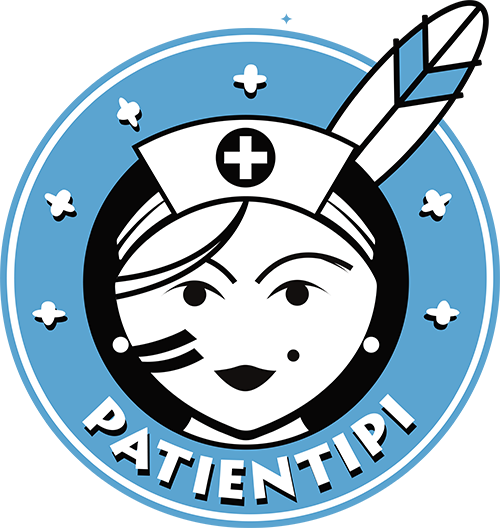ISLAM
Dear fellow caregivers,
You are welcoming a patient of Muslim faith.
Here is a list of useful information to know in the context of his medical care.
General Information
● Islam is the second most represented religion in the world.
● There are several currents of Islam. Sunnism gathers more than 85% of Muslims, Shiism gathers more than 10% of Muslims.
● Traditionally, many Muslim patients prefer in relationship with a caregiver of the same sex as them.
● Generally, there are no contraindications in the religion for: blood transfusions, in vitro fertilization, organ transplantation, organ donation, or abortion if the mother’s life is in danger or in cases of rape.
● Muslim patients may request a time to pray, up to 5 times a day.
● In the Muslim community, visiting the patient is a duty, so many relatives can come and bring gifts.
Communication
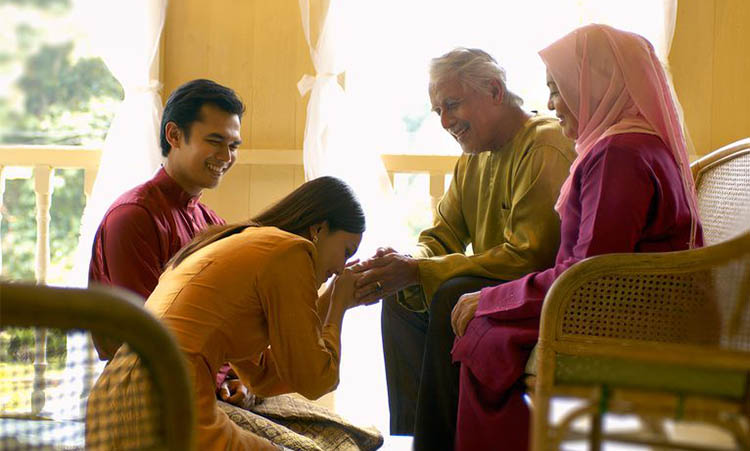
● Some women may feel embarrassed to shake your hand. They may prefer to place their hand on their chest as a greeting.
● In traditional families, it is customary to include the important family figure (e.g., father or elder) in medical discussions.
● Sexuality is a sensitive topic in the Muslim religion and therefore should be approached with caution.
Beliefs, Practices & Rituals
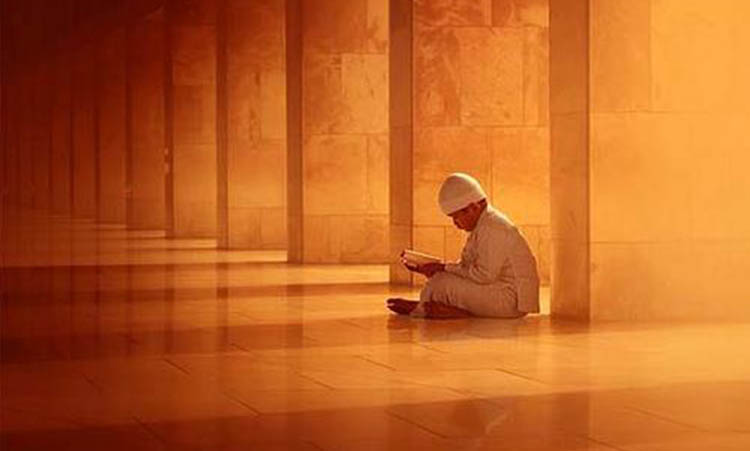
● The most observant Muslims may perform up to 5 times a day in the direction of Mecca (at dawn, noon, afternoon, sunset and evening.
● Muslims perform ablutions, a purification ritual that involves washing one’s hands, forearms, head and feet, before praying.
● Ramadan takes place in the ninth month of the Hegira calendar. It is a holy month during which Muslims fast. It is shifted by about ten days each year because it follows the lunar calendar.
● Fasting consists of not eating, not drinking, from sunrise to sunset, not having sex.
● The sick, pregnant, breastfeeding or menstruating women are exempt from fasting. However, they will have to make up for the missed fasting days.
● During Ramadan, taking small amounts of blood is allowed and does not interrupt the fast.
● During Ramadan, the Muslim person is allowed to eat to regain strength if the doctor says it is necessary. He/she will still have to make up the fasting day later.
● During Ramadan, therapeutic massage is allowed and does not break the fast, unlike comfort and wellness massage.
● It is best for a woman to be treated/massaged by a female caregiver, showing only the areas to be treated.
● Muslims believe that reciting the Quran, in a very low voice, can reduce pain.
● Some Muslim patients may link the onset of their illness to the “evil eye,” an evil look given to you by a jealous person that condemns you to bad luck.
Eating habits
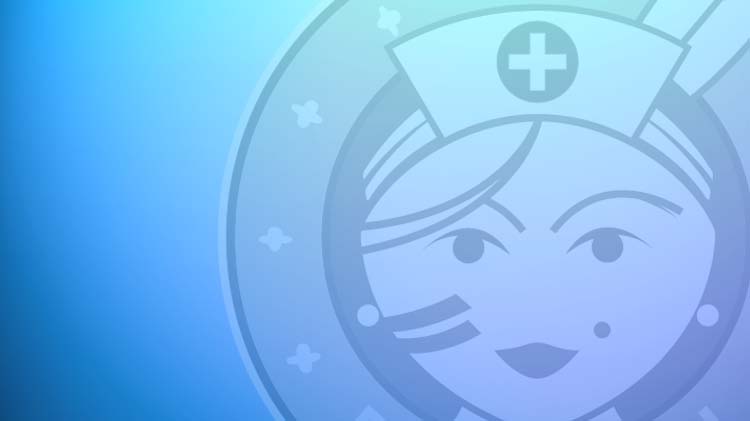
● The Muslim religion proscribes the consumption of alcohol, pork and its derivatives such as gelatin, present in many industrially processed foods.
● A month-long fast (from sunrise to sunset) is practiced each year during the holy month of Ramadan.
● Muslims are required to eat “halal” meat (i.e., from an animal killed by slitting its throat in the direction of Mecca).
Pregnancy and motherhood
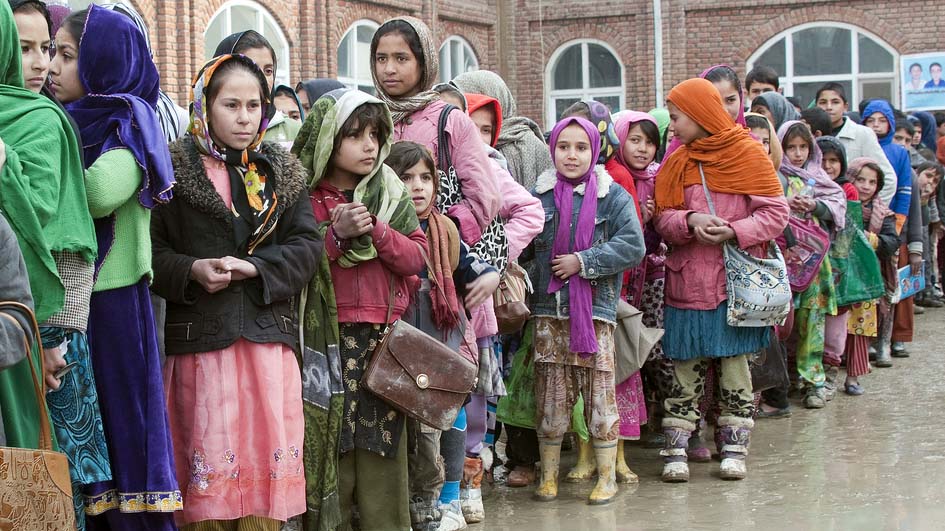
● The call to prayer is said immediately after birth in the infant’s right ear.
End-of-life care
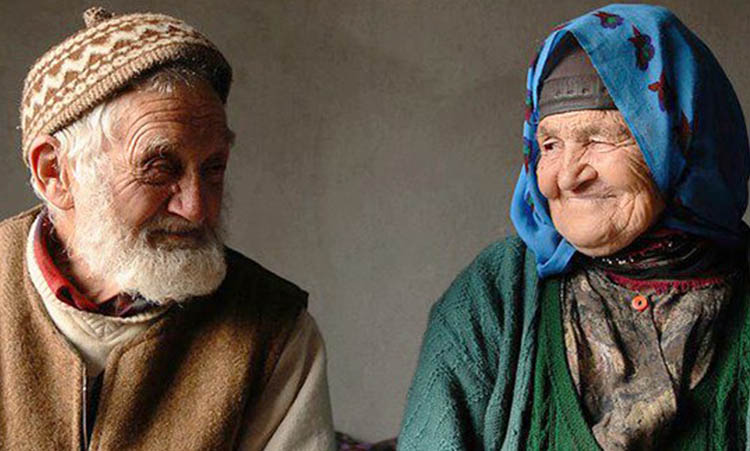
● At the end of life, the family usually wishes to have a religious advisor.
● If possible, the family might request that the patient’s head be placed facing Mecca.
● The patient at the end of life should say the “shahada,” which is a profession of faith. If he or she is unable to do so, someone may do it for him or her.
● Traditionally, it is the family that organizes the ritual of the last washing of the body.
● Cremation and embalming are prohibited by the Muslim religion.
● Autopsies are generally not accepted, except for medical research and provided that the respect of the body of the deceased is guaranteed.
● Nothing prohibits transplantation in the Muslim religion.
● In Islam, life is said to be sacred and the body inviolable. However, organ donation is possible as soon as the transplant is performed with the aim of saving another life
Examples
In 2013, in France, a muslim woman went to the hospital for a case of tuberculosis. Caregivers then placed her in an isolation room because the disease is contagious. Every morning, while the patient had to stay in her room so as not to contaminate the entire ward, she went out to take a shower. The orderly who went to meet her asked her to go back to her room immediately or to wear a mask without trying to understand why the patient wanted to shower so early. The patient did not understand this restriction and perceived this as racism. She also expressed frustration that she could not fast during Ramadan, a very important time for practicing Muslims. The tone quickly escalated between the two women. The patient just wanted to perform ablutions (especially foot washing) before doing her morning prayer and the caregiver was concerned about the health of the other patients on the ward. After both women had explained themselves, the caregiver offered a basin of clean water to the patient, who agreed.
A Muslim patient arrives at the hospital with angina. The nurse prescribes nitroglycerin to treat her coughing attacks. The patient complains that she has been given the “evil eye”, an evil look that someone who is jealous casts on you and condemns you to bad luck. She says she has her own remedy. The nurse’s goal is to analyze the patient’s remedy and include it in the care plan without interfering with the prescribed treatment, in order to meet the patient’s needs and respect her choices.
● Cleveland Clinic – Diversity Toolkit
● Exemple inspiré du document “Reflets: la pratique en contexte interculturel” de Carlo Serlin et François Dutheuil.
● La directive professionnelle “la prestation de soins adaptés à la culture” de l’ordre des infirmières et infirmiers de l’Ontario.
